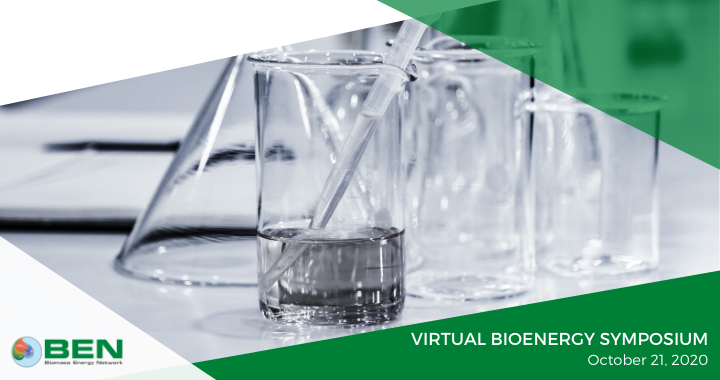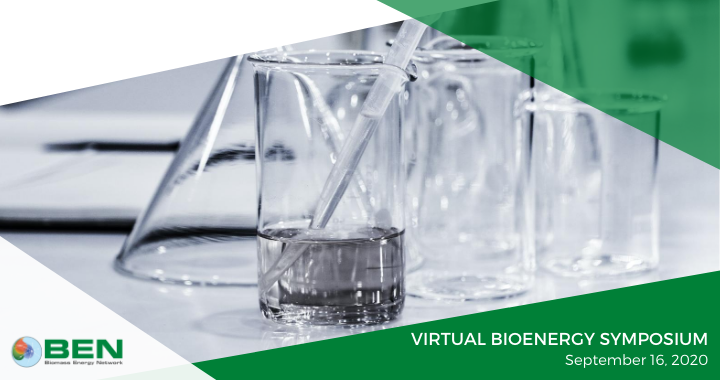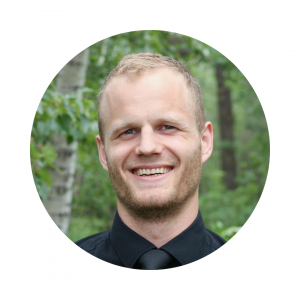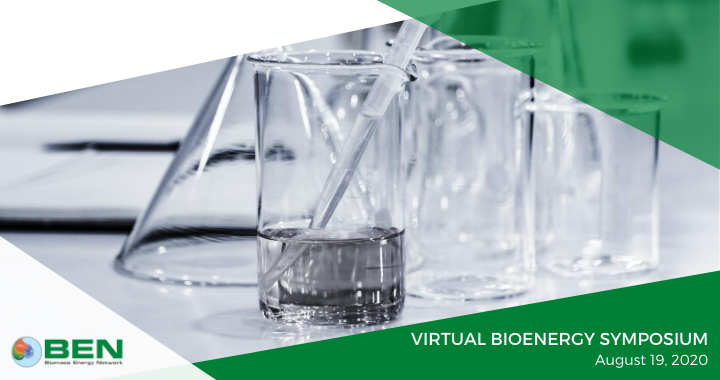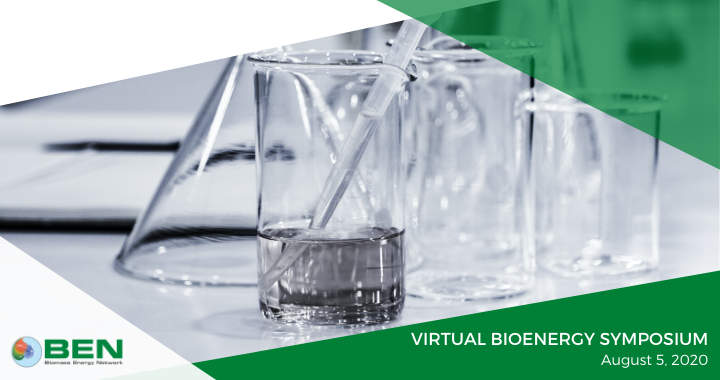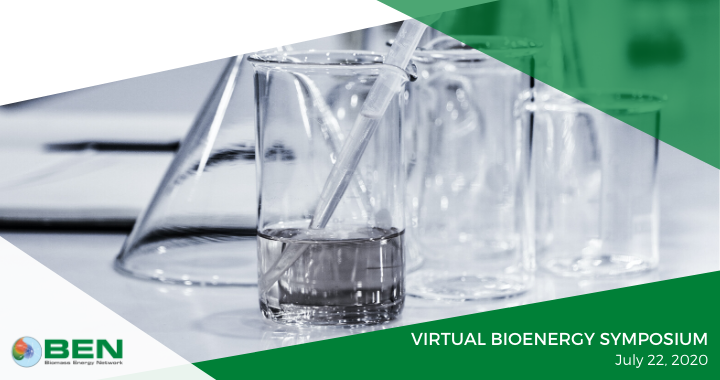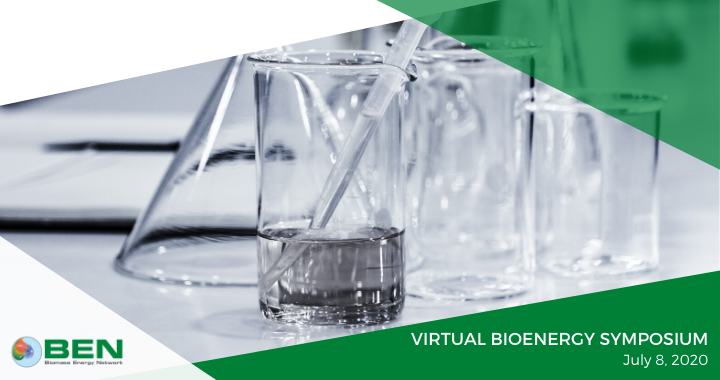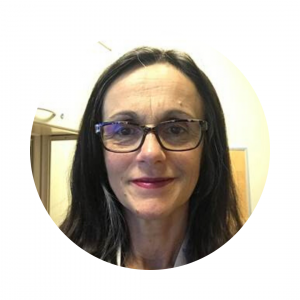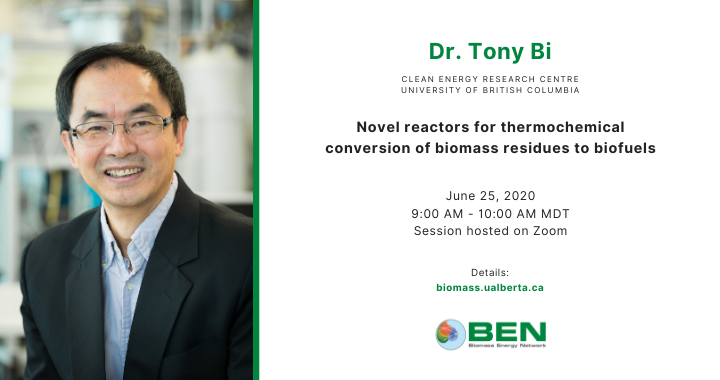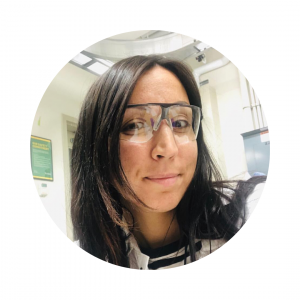
Marina Lazic
Department of Biological Sciences
University of Alberta
“Bioconversion of methane to biodegradable plastic”
Methane (CH4) is the highly potent greenhouse gas that accounts for about two-thirds of the global warming effect. However, from a biological perspective, methane represents carbon and energy source for a group of bacteria known as methanotrophs. Methanotrophs convert methane into its cellular components that drive biochemical processes during the active bacterial metabolism. In this project, the focuses of interest are metabolites called “biopolymers”, specifically polyhydroxybutyrate (PHB). This biopolymer is precursor for production of biodegradable plastic (bioplastic). In addition to PHB, methanotrophs can convert methane into various bioproducts (amino acids, lipids, proteins). Considering the cost and availability of methane, an interest has intensified in the use of methanotrophs for low-cost production of bioproducts from single-carbon feedstocks. However, strain-to-strain variation in substrate range, parameters for growth optimization, and metabolic regulation is a major obstacle for the large-scale industrialization of methanotrophs.
In this study, methanotroph Methylocystis sp. Rockwell was grown with either methane or methanol as a carbon source and either ammonium or nitrate as a nitrogen source. Intracellular metabolites, generated by precision ultra-high-performance liquid chromatography/tandem accurate mass spectrometry (HPLC-MS) and Flame Ionization Detection Gas Chromatography (FID-GC), were compared to determine how these different carbon and nitrogen source combinations affected the production of metabolites. The results from this study revealed how Methylocystis sp. Rockwell alters its metabolism with different carbon and nitrogen sources, with implications for the production of industrially useful metabolites.
Marina Lazic obtained her B.Ss. and two M.Sc. degrees in Molecular Biology at University of Novi Sad, Serbia. She completed her third M.Ss at University of Wyoming, U.S.A. and joined Stein/Sauvageau research group in winter 2019 as Ph.D. student pursuing degree in Microbiology and Biotechnology at Biological Sciences University of Alberta.
Marina’s previous work was mostly focused on genetic engineering and designing light-activated proteins. Currently, Marina is studying single carbon bioconversions (methane, methanol) with a focus on biodegradable plastic’s precursors (PHB, PHBV). Marina received various awards and scholarships. The most recent awards include CTL TA Award for development of teaching innovation (with Dr. Lisa Stein), 1st place award for the best 3-minute thesis, Biological Science, University of Alberta, 1st award for the best oral presentation, Dr. R.E. Peter Conference, University of Alberta, 1st place award for 3-minute-thesis, Future Energy Systems (FES) Colloquium, University of Alberta. Marina is also interested in teaching and active learning promotion in science classroom.
Link to presentation (via YouTube)

Basem Zakaria
Department of Civil and Environmental Engineering
University of Alberta
“A cycling on-off power supply scheme for electrochemically enhanced anaerobic digestion”
Sustainable management of organic waste and wastewater is one of the biggest environmental challenges to be addressed in Canada. Developing advanced anaerobic biotechnologies can provide an energy-neutral or energy-positive treatment option for waste and wastewater. Notably, anaerobic digestion is the most widely adopted method for organic waste and high-strength wastewater treatment that can produce methane-rich biogas, which can be upgraded into renewable natural gas. However, the traditional anaerobic digestion process suffers from process instability and low energy recovery. Recently, another emerging anaerobic bioprocess, known as microbial electrolysis cells (MECs), has been successfully integrated with anaerobic digestion by introducing a pair of electrodes into the bioreactor. Such integrated processes are operated with a continuous supply of a small external voltage to assist the microorganisms in overcoming the thermodynamic barrier involved in the degradation of complex organics. Since the amount of energy required for the external voltage leads to additional cost, here we developed a cycling on-off power supply scheme for the operation of the integrated process of anaerobic digestion and microbial electrochemical cells for biomethane production. Our results demonstrated that the integrated process could be operated with intermittent power supply without deterioration in performance. Thus, the operational cost can be reduced by powering the digesters with surplus electric energy during off-pick and mid-pick hours.
Basem Zakaria obtained his bachelor and master’s degree in Environmental Biotechnology at Cairo University, 2016. Now, he is a 3rd-year Ph.D. graduate student in Environmental Science and the vice president of the Egyptian Student Association at the University of Alberta. He has been working for more than nine years on several research projects focused on developing and designing technologies for biological soil and wastewater treatment, recovery of valued products and biomass conversion. During his Ph.D., he combined the use of multi-disciplined sciences; molecular biology, chemistry, biotechnology, and engineering to improve the waste treatment and energy recovery through coupling the existing anaerobic digestion technology with a microbial electrochemical cell. He has made some outstanding achievements through publishing more than 16 peer-reviewed articles and books and leading several projects. During his studies, he has received several prestigious awards and scholarships; Izaak Walton Killam Memorial Scholarship, University of Alberta Doctoral Recruitment Scholarship, Dr Donald R Stanley Graduate Scholarship in Environmental (Civil) Engineering, and Australian Governmental Scholarship.
Link to presentation (via YouTube)


